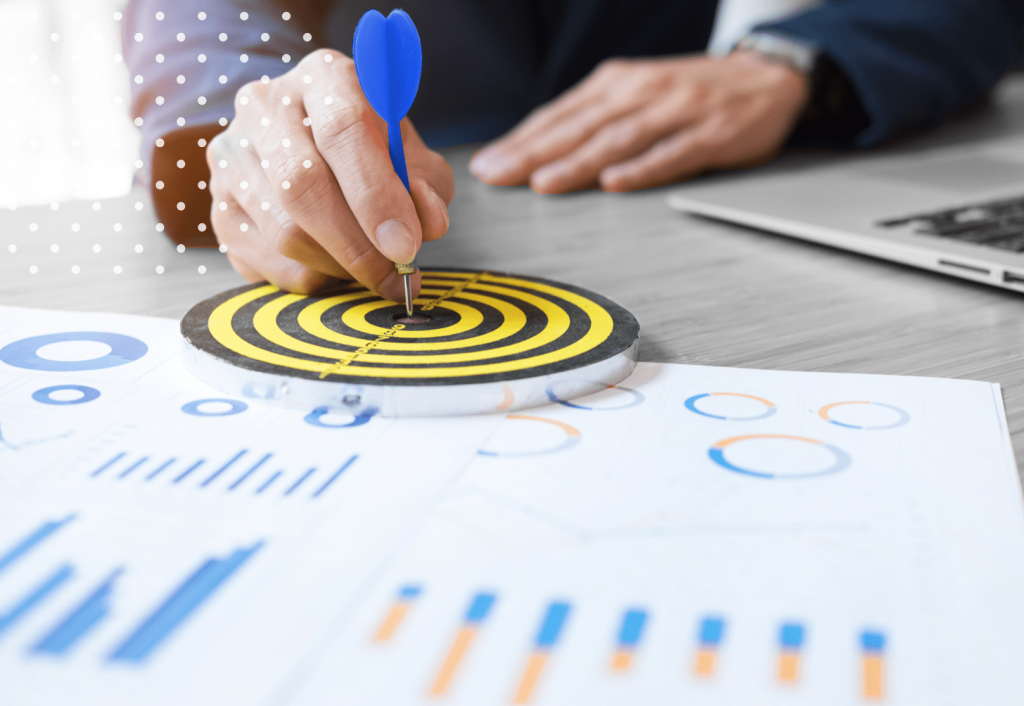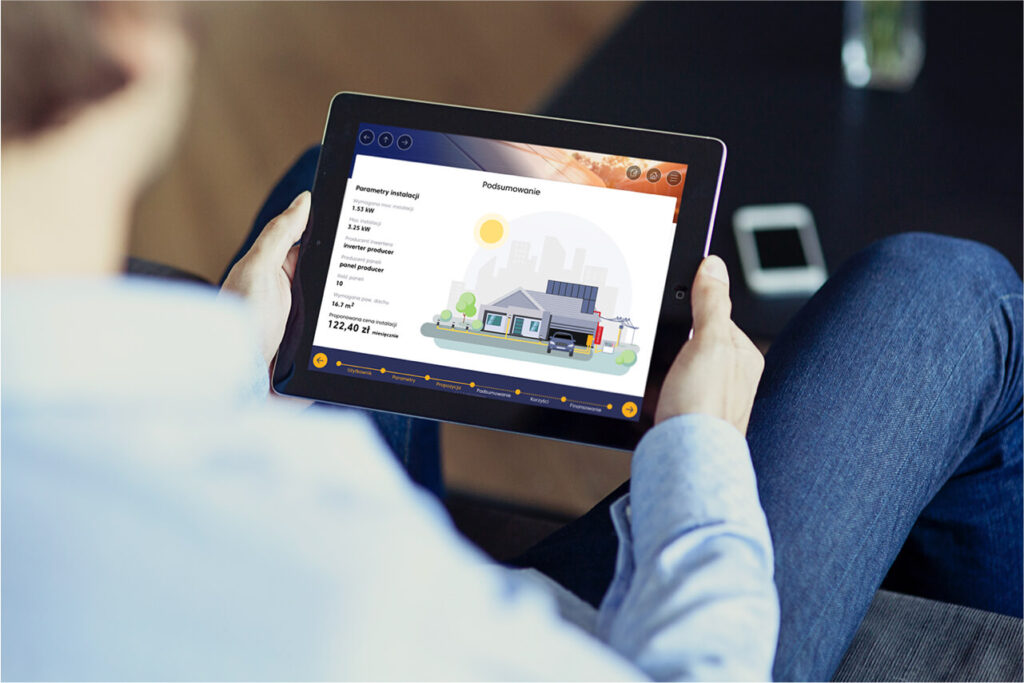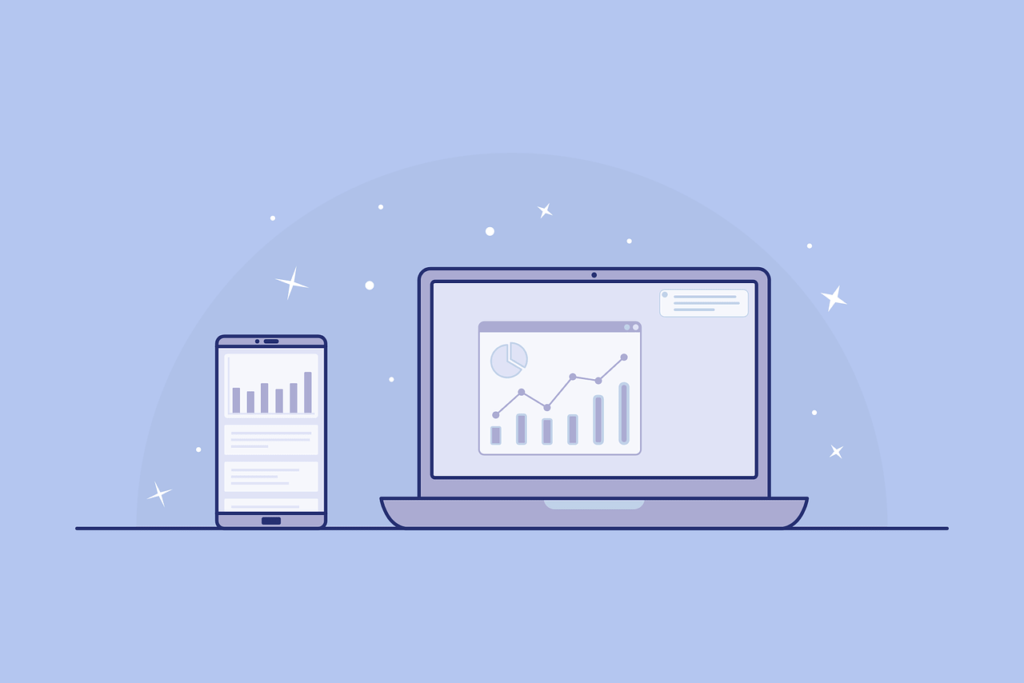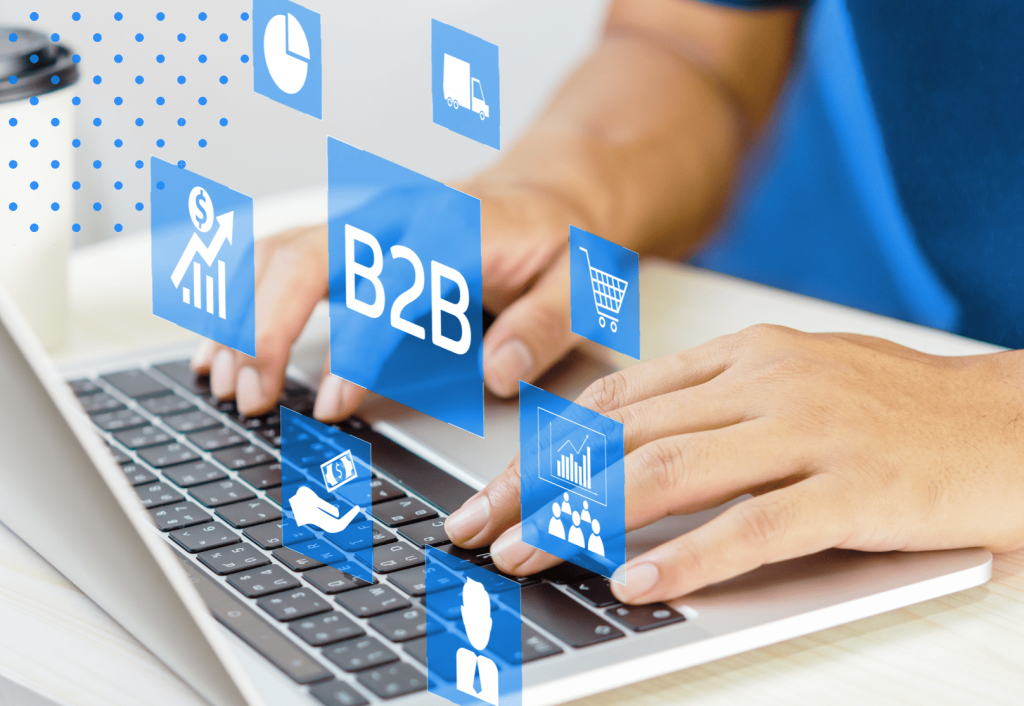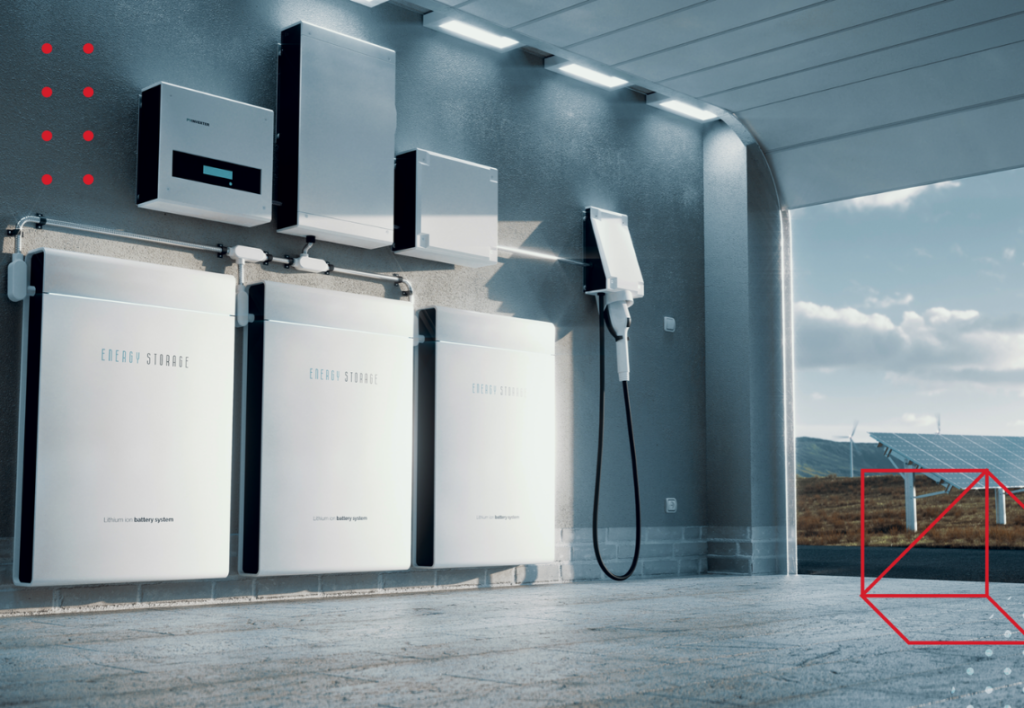How to increase sales of energy services?

Every company operating in the energy sector knows that although it has in its hands a product important for both the business and the average customer, the process of selling it is not easy at all. Entrepreneurs operating in this sector are perceived as “energy suppliers”, i.e. a common good, a product that is not easy to be packaged with a surprising promotion or with innovation label. And yet, there are entities on the Polish market which, thanks to an appropriate strategy and tools, improved their results even three times in 2018.
Indeed, at the end of the second decade of the 21st century, most of us are ready to think of the energy supplied to companies and households as something natural and common. In economics, this phenomenon is professionally called commoditization and describes a situation in which access to a given product or service is standardized, for all and at transparent prices set by the stock exchange or regulator.
In a market that is commoditized, it is difficult to fight with a much lower margin because the margin has long been low. Customers also do not expect companies to change the product itself, because in most cases it meets their expectations.
Something more than energy?
One of the most effective development strategies on such a defined market is to use the potential of cross-selling. This method consists in accepting low margins related to the main product, e.g. electricity or gas, and at the same time developing the portfolio towards high-margin additional services.
Often the entities that decide on such a strategy give up the margin on the main product in general, which allows to build a wide portfolio of customers – this is finally used as a base for selling additional products and services.
A great example of cross-selling approach is innogy Polska. In its offer, apart from the classic proposals related to the supply of electricity and gas, the company has included a whole range of value-added services, e.g. systems monitoring current consumption of utilities, intelligent industrial lighting systems or the possibility of installing electric car charging stations.
Fortum goes one step further. Not only does it provide its customers with clean energy, but also allows them to purchase services such as private medical care or a home repair package. The latter offer allows customers to use the services of a plumber, locksmith or electrician, among others.
Examples can be multiplied – the ENERGA Group is very good at energy audit services, infrastructure modernization and construction of subscriber stations, Axpo provides green energy, emission certificates and photovoltaic panels, and Assiduus Energia helps customers to raise funds for the purchase of equipment.
All these companies have gone beyond the strictly defined product category of energy and have built a large portfolio of additional services around it, which often represent a significant share in the company’s revenue structure.
Sales are the right strategy and tools
Let’s ask ourselves what, apart from being on the same market and building a cross-selling offer, all these companies have in common. The answers impose themselves:
- all these entities are good at selling,
- they know that they should put the customer at the center of all their business processes,
- and understand that the right tools must be used to sell effectively today.
This may come as a surprise to someone, or maybe it was obvious to others from the beginning, but all five companies that appeared in this material have implemented a sales strategy using Sales Acceleration tools. And this is undoubtedly another competitive advantage for them.
What is Sales Acceleration?
Until recently, the sales process always looked the same: the salesman made an appointment, took information brochures with him and tried to convince a potential customer to buy. More clever representatives were able to make an appointment where a media presentation could be arranged, but this wasn’t a basic tool.
Sales Acceleration changes everything. It’s a group of tools that a salesman can always have with him – for example on a tablet – and which allow him to present the company’s offer in a completely new context. With a tablet and the right application, the salesperson can:
- display any multimedia presentation that includes slides, videos and graphics,
- use the configurators, calculators and suggesters that will help you customize your product,
- keep a record of customer comments and suggestions,
- present the customer with any additional materials and contracts and other formal documents,
- register the time needed for the whole meeting, as well as for its individual modules,
- to arrange the next steps with the client,
- send the client a summary of the meeting, which will include presentations, calculation results and contract proposals,
- monitor the after-sales process, e.g. whether the customer has opened an email and which materials they have viewed.
In this way, the salesman gets an above-average tool that helps him in his daily tasks and makes the whole process incredibly efficient. According to research, Sales Acceleration tools significantly reduce the time salespeople spend preparing for a meeting, and ultimately increase sales by an average of 27%.
A manager who understands the sales process
But that’s not all, because Sales Acceleration tools also help sales managers, mainly through their analytical capabilities. For the first time ever, managers get the chance to learn more about the sales process itself than the declarative data collected in CRM. So, what will we discover when observing data from such a system?
- Where, when and how long our team’s sales meetings last.
- Which materials arouse the greatest interest of customers, which elements of the process the salesman spends most time on.
- What are the customers’ comments and the most frequently asked questions.
- Are customers familiar with the offer and contracts.
What’s more, Sales Acceleration applications allow you to standardize your sales process. Through the centralized nature of the application used to manage the process, they allow to provide the entire network of representatives with the latest sales materials and conduct training that will adapt them to innovative strategies.
Where to look for Sales Acceleration suppliers?
There are not many companies in Poland that help the energy industry to efficiently reach the customer and manage the direct sales process. All the entities mentioned in this article use the Salesbook application, produced by a Rzeszow startup of the same name. This application has found recognition not only in the eyes of the power industry, but also financial, insurance and automotive industries. It has also won numerous awards, including European Startup Days Challenge and Wolves Summit Startup Challenge. To learn more, visit: salesbook-app.com.
PS. If you want to try out a Sales Acceleration tool in your business, use this form: test the demo. Salesbook is the first application of this type on the Polish market – it already effectively helps salesmen in companies such as Mercedes-Benz, Energa or Polaris.
Table of Contents


